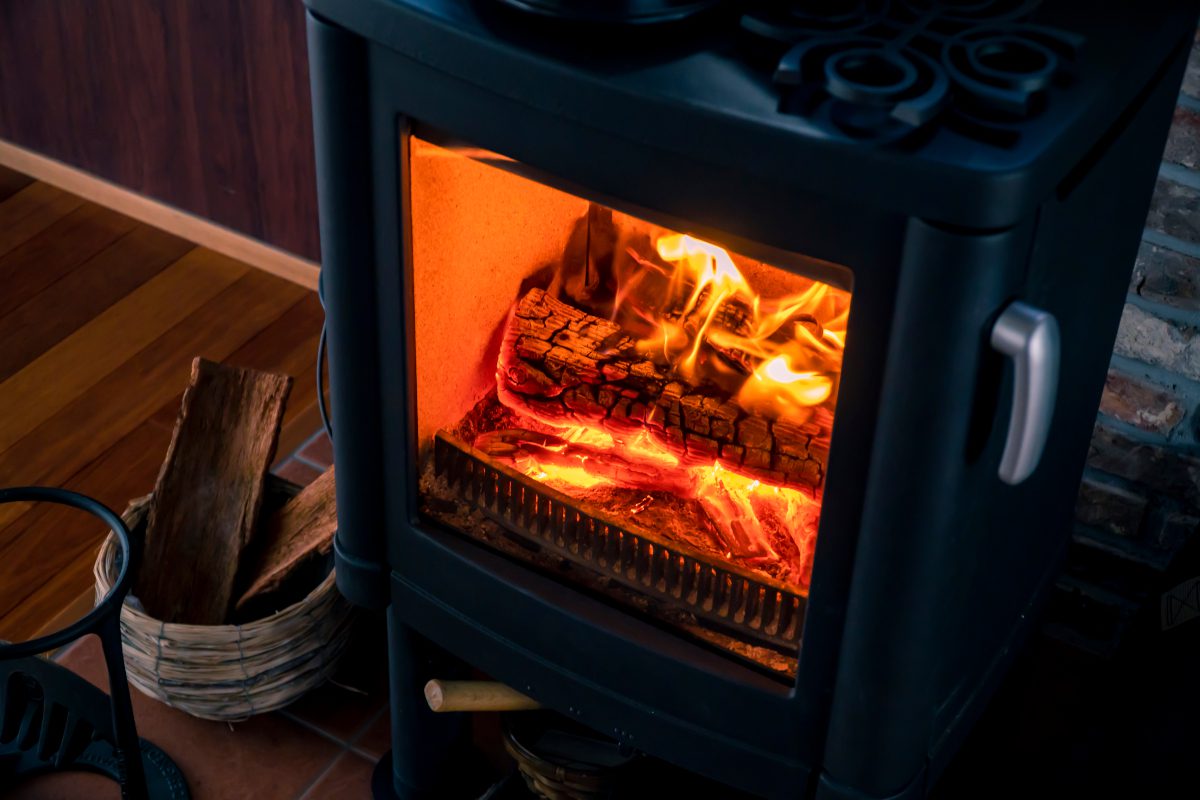
The Chartered Institute of Environmental Health (CIEH) has chimed in with concern about emissions of fine particulate matter PM2.5 caused by domestic wood burning, following a new report from the Institute of Fiscal Studies (IFS) which warns that 29% of PM2.5 emissions in the UK came from domestic burning of wood and other fuels in 2022. This is higher proportionally than any other source and “the only source of PM2.5 emissions that has increased” over the period covered in the research.
According to the report “three quarters of the domestic combustion emissions of PM2.5 came from woodburning in 2022”.
However, overall, the IFS research, funded by the Economic and Social Research Council, reports that there has been a significant drop in PM2.5 emissions, halving since 2003 with a large and lasting drop during the COVID19 pandemic.
Highlights of the research include:
- Across people living in England, average exposure to fine particulate matter (PM2.5) – the most harmful air pollutant, largely arising from transport, domestic woodburning and industrial emissions – fell by 54% between 2003 and 2023.
- Almost everywhere in England is now below England’s 2040 target for PM2.5, but still falling short of the World Health Organisation’s recommended limit.
- Levels of PM2.5 fell dramatically during the COVID-19 pandemic and have remained at these lower levels since. Two-fifths of the decrease in PM2.5 exposure over the last two decades occurred in 2020.
- Lower-income areas have persistently higher levels of air pollution than richer areas. In 2023, individuals in the top 20% most deprived areas experienced 8% higher average PM2.5 concentrations than those in the bottom 20%. There is no clear trend in this gap over the last two decades.
- Ethnic minorities were exposed to levels of air pollution 6% higher than average levels for white populations in 2023, down from 13% in 2003.
Mark Elliott, President of CIEH, said:
“It is heartening to hear these findings that suggest air pollution in England has reached a 20-year low which shows work being done to reduce pollution, such as clean air zones in several of England’s largest cities, may be having a positive impact.
“However, the trend of growing emissions of PM2.5 from domestic wood burning is worrying and cannot continue if we are serious about protecting both the environment and public health.
“CIEH is therefore reiterating its call for the UK Government to regulate the sale and use of domestic solid wood burners in urban areas where there are on-grid heating alternatives. Rather than provide heating to homes they have become typical aspirational goods which harms the quality of our air, damages the environment and threatens public health.”







